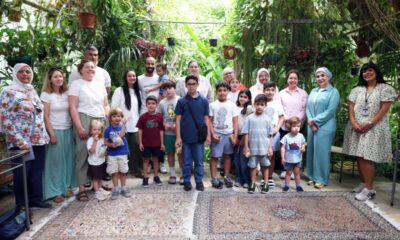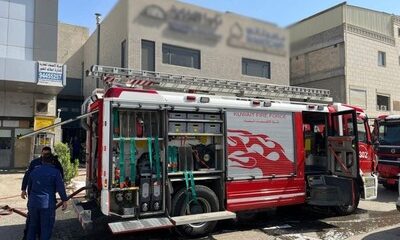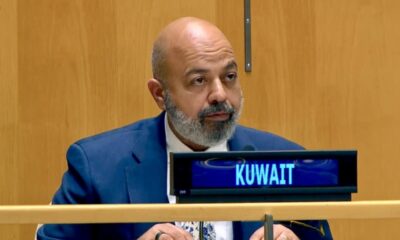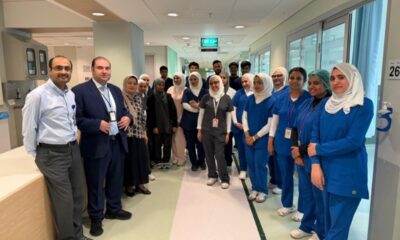KUWAIT: Under the patronage and attendance of Minister of Oil Tareq Al-Roumi, and with the sponsorship of Kuwait Oil Company (KOC), the State of Kuwait will host the eighth WPC Energy Youth Forum on October 22 and 23. The forum, the largest event for youth engagement within the global energy sector, will take place at the Jumeirah Hotel in Messila, Kuwait, under the central theme: “Empowering the Future: Connecting Young Professionals, Ideas & Knowledge.”
The program will be structured around three thematic blocks: “Youth as Change makers,” “Smart and Sustainable Innovation,” and “Strategic Leadership in Energy.” In a statement, obtained by KUNA, Minister Al-Roumi said, “We are honoured to welcome the global energy community to Kuwait for the 8th WPC Energy Youth Forum. This important gathering reflects Kuwait’s unwavering commitment to empowering our youth, supporting innovation, and advancing the global energy dialogue.”
“By bringing together talented young professionals with international leaders, we are not only investing in the next generation, but also in the sustainable future of the energy sector,” he affirmed.
Dr. Sheikh Nimr Al-Malik Al-Sabah—Undersecretary of Kuwait’s Ministry of Oil—stated, “The Youth Forum is a unique opportunity to showcase Kuwait’s dedication to equipping young people with the knowledge, skills, and confidence to drive transformation in the energy sector.”
The Ministry of Oil is proud to support this initiative, which strengthens international cooperation and prepares our future leaders to address the challenges and opportunities of tomorrow’s energy landscape.”
Meanwhile, Ahmad Al-Eidan—CEO of Kuwait Oil Company—remarked, “We are pleased and honored to host this highly significant event, particularly as it aims to achieve noble goals that we jointly strive towards.” “Our Company places the utmost priority on empowering the youth, whom we consider our most valuable asset,” he indicated, adding, “Our core mission is to supply energy to the world and to maintain our position as one of the most trusted global energy suppliers.” “I would like to assert that we will do everything in our power to contribute to the success of this forum, to ensure that all participating entities benefit from it, and to achieve the best possible outcomes that will further support young people in the energy sector.”
“We are committed to providing them with all the necessary tools and the best environment to help them work, achieve, and enhance their skills and capabilities.”Pedro Miras—President of WPC Energy—said, “Young Professionals play a crucial role in the energy sector, spearheading innovation, sustainability, and technological advancements.” “As the energy industry transitions to low-carbon models, investing in future generations is crucial to ensure a skilled, diverse, and forward-thinking workforce to redefine the energy sector,” he added.” With its strategic position at the centre of the global energy landscape, combined with a vibrant youth population and strong investment in education and innovation, Kuwait is perfectly positioned to inspire and empower the next generation of energy professionals.”
For his part, Shamus Hardie—Chair of the WPC Energy Young Professionals Committee, said, “Our Young Professionals Committee is pleased to collaborate with the Kuwaiti National Committee to host the upcoming Youth Forum.” “This platform uniquely offers students, graduates, and professionals opportunities to foster global connections, contribute to dialogue, and gain exposure within the transitioning energy sector.”As the global energy sector evolves and faces new challenges, WPC Energy continues to priorities the engagement and empowerment of Young Professionals, recognizing their vital role in leading the energy transition. The Youth Forum provides a unique platform for students and early-career professionals from around the world to exchange perspectives, connect with senior industry leaders, and contribute meaningfully to shaping the future of energy. — KUNA


















